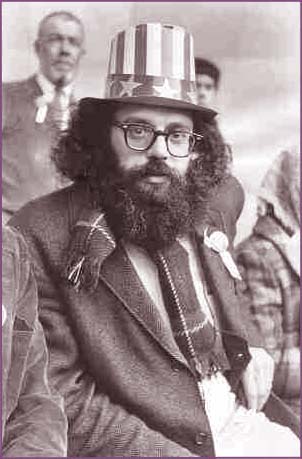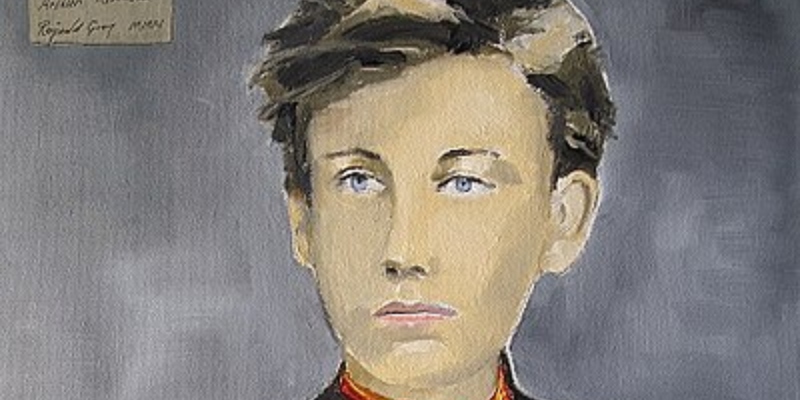Two things I learned about the playwright Christopher Marlowe in school that I remember was that he might have written some (or all?) of Shakespeare's plays and that he was killed in a tavern brawl.
He died on May 30, 1593. There was a fight in a London tavern and Marlowe was stabbed in the eye after a dispute over the bill. That I will never forget. He was 29 years old. He is best known for the plays Hero and Leander, Tamburlaine the Great, Edward the Second and especially The Tragical History of Doctor Faustus.
There are plenty of mysteries about authors of that time, especially Mr. Shakespeare. The records just don't exist. tab, no less. I don't think it is really a mystery about the authorship of Will's plays, though much has been written and conjectured about their authorship. I am of the belief that he wrote them but that he may have collaborated with other writers on some, but his name on them guaranteed an audience. If Will was alive in this or the last century, I'm sure he would have gotten into writing for movies and TV and attached his name to projects or adaptations.
It turns out that there is some mystery about the circumstances of Marlowe's death. One theory is that he was assassinated under orders from Queen Elizabeth I because he was a very public atheist. Marlowe was out on bail when he was killed and if he had gone through an inquisition there was a good chance he would have been executed. You may have learned that Shakespeare was careful about writing or saying if he was a Protestant or Catholic in order to not offend, to get his plays approved by the court, and to protect his life. The Queen gave orders to silence Marlowe and "prosecute it to the full,” and she pardoned Marlowe's murderer, Ingram Frizer, a month later.
Young, handsome Christopher "Kit" Marlowe had his enemies. Friend of Elizabeth, Sir Walter Raleigh, was supposedly worried about being implicated if there was an inquisition of Marlowe, so he would have liked to have him out of way before that time.
Marlowe’s former roommate was Thomas Kyd. Kyd was also a playwright, the author of
The Spanish Tragedy, and an important name in Elizabethan drama. Like Marlowe, Kyd's plays were overshadowed by Shakespeare's works.
Kyd is sometimes credited with a play titled Hamlet that was written and performed before Shakespeare's version. About a month before Marlowe's death, Kyd had been arrested and tortured for his connection with Marlowe. Kyd died a year later at the age of 35 unknown and in debt.
But if I ever write my Marlowe murder mystery for the page or screen, I might use that theory, but the more interesting plot is that Marlowe actually faked his own death.
There are some who believe(d) that
Kit faked his death and fled the country to avoid his impending inquisition. Once he was safe outside London or out of England, Marlowe would have continued writing and sending his works back to England to be performed. They would need to be attributed to someone else.
Two weeks after Marlowe’s inquest, the first piece of writing to appear under the name William Shakespeare was published. Shakespeare was very likely influenced by Marlowe's plays as he was the popular writer of the time and Will's early plays seem more like Marlowe's writing. Was Will the name on the script while he was learning to write on his own?


I once pitched my story idea to a Shakespeare professor and he said there was a book out there that also followed that idea. I did some digging and found
The Marlowe Papers by Ros Barber. She points out that Shakespeare was rather fascinated with characters who were thought to be dead.
There are 33 characters who appear in 18 of his plays that are mistakenly believed to be dead for some part of the story, including some deliberately staged deaths and three faked deaths done to avoid real death.
I guess I'll have to collaborate with Ros... or I might just work on my other literary murder mystery about the death of Edgar Allen Poe. We are still not certain
what happened to him on those final days - and Poe had such an interesting life before that.
from Poets Online Blog https://ift.tt/3i5pFHp












